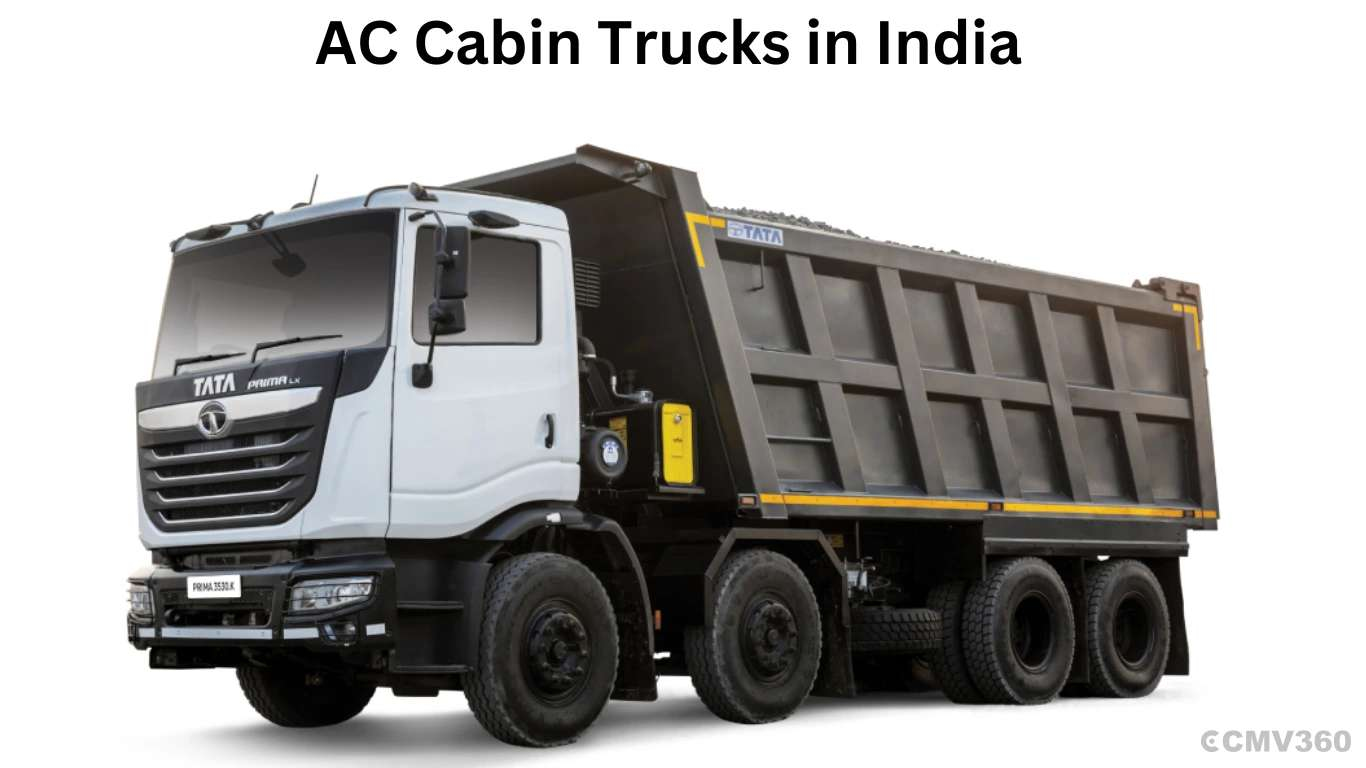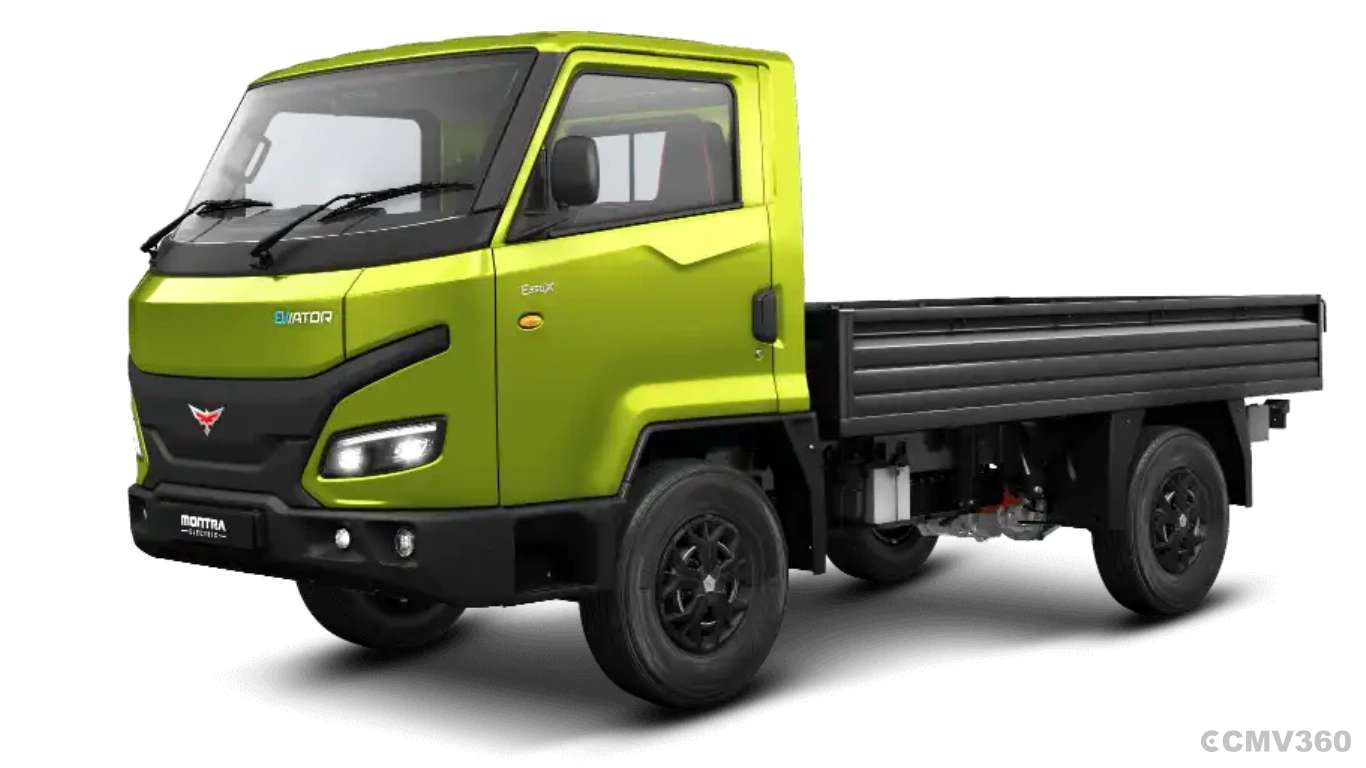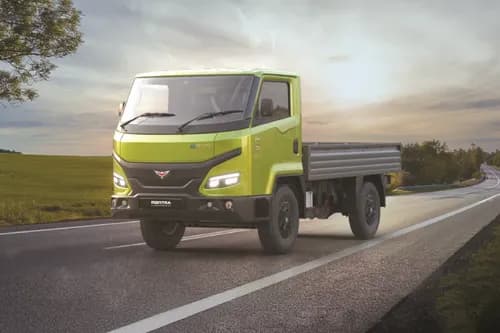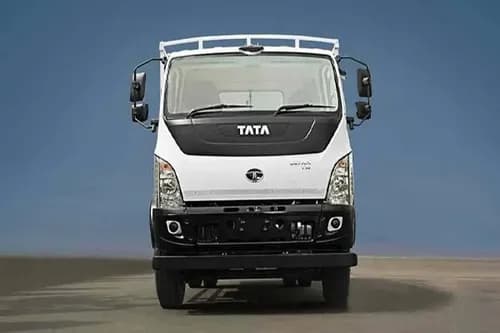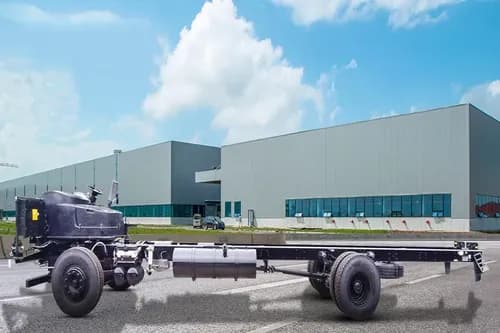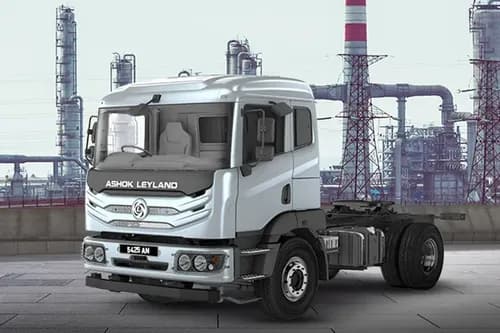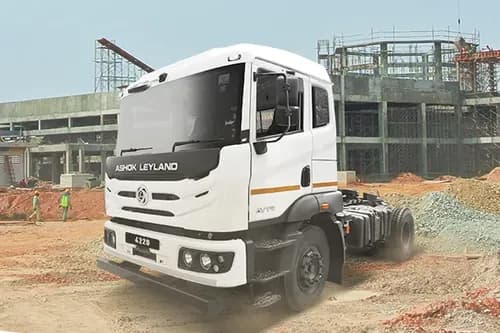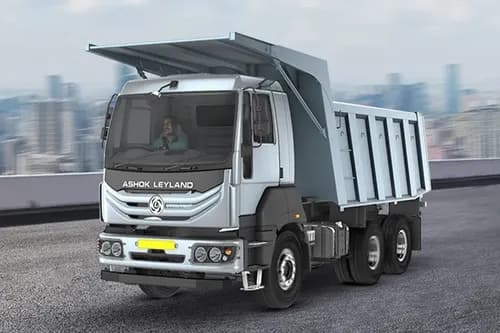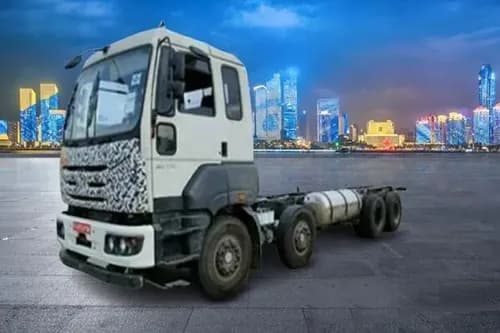Ad
Ad
Electric Commercial Vehicles in Monsoon Season: Busting Monsoon Myths
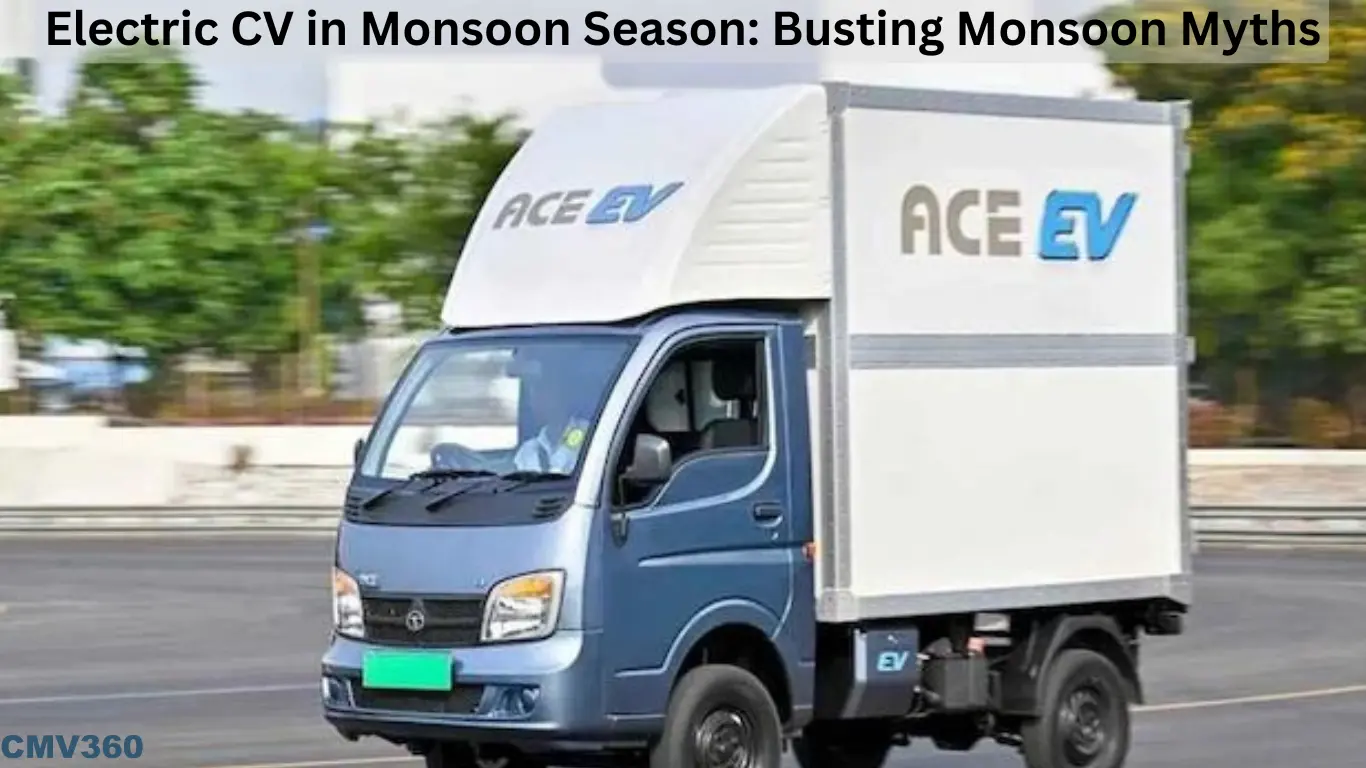
Electric commercial vehicles (EVs) are becoming more popular in India because they are better for the environment and cost less to run and maintain. However, with the arrival of the monsoon season, several myths and doubts about how these electric vehicles perform and stay safe in wet conditions have come up.
Some of the popular electric commercial vehicles in India are Mahindra Treo, Tata Ace EV, Piaggio Ape E City, OSM Rage Plus, Euler HiLoad EV, and many more. This article will address common myths about how rain impacts electric commercial vehicles and explain how these vehicles perform during the monsoon season.
Myth 1: Electric Vehicles Aren't Safe to Drive in the Rain. A common myth is that electric vehicles aren't safe to drive in the rain because they might have electrical short circuits.
Fact: However, this isn’t true. Electric commercial vehicles are built to meet strict safety standards. They are fully sealed and waterproof, with battery packs, motors, and other important parts protected in waterproof casings.
These vehicles are safe to use even in heavy rain. Most EV manufacturers test their vehicles in extreme weather, including heavy rain, to ensure they meet safety requirements.
Modern electric vehicles are water and dust-resistant thanks to their high IP (Ingress Protection) ratings, which typically range from IP65 to IP67. The IP67 battery pack enables electric vehicles, such as electric three-wheelers, to be submerged in water up to one meter deep for thirty minutes without leaking or causing water damage to the high-voltage architecture, connectors, or batteries.
To enhance safety, battery packs include various protective devices that activate as soon as water seeps in. For safety suggestions, fleet operators should know the vehicle's IP rating and avoid transporting freight through particularly deep water.
Myth 2: Ancillary Components Reduce EV Range. Many fleet operators believe that using components like windscreen wipers or defoggers significantly reduces the driving range of electric vehicles.
Fact: The use of auxiliary components such as defoggers, wipers, and headlights does not affect the operation or range of electric vehicles. EVs and their battery systems are designed to handle the electrical demand of these components, even in heavy rain, ensuring that vehicle performance remains consistent.
Myth 3: Electric Vehicles Are Vulnerable to Lightning Strikes. There's a common belief that electric vehicles, due to their electric drivetrains, are at higher risk of damage from lightning or thunderstorms during the monsoon season, potentially endangering passengers inside.
Fact: When lightning strikes an electric commercial vehicle, the metal body effectively channels the current away from the occupants, acting as a protective shield. This process, known as the Faraday effect, ensures the lightning's energy is safely directed into the ground.
According to research by the National Highway Traffic Safety Administration (NHTSA), electric vehicles are actually less prone to lightning damage compared to vehicles with internal combustion engines (ICE) powered by petrol or diesel. In ICE vehicles, a lightning strike could ignite the high-energy fuels stored in the tank.
Also Read: Your Guide to Electric Vehicle Chargers
Myth 4: Charging an EV in the Rain Is Dangerous. Many believe that charging an electric vehicle in the rain is dangerous and could cause electric shocks or short circuits.
Fact: EV charging stations and equipment are designed with safety in mind. The certified and well-maintained EV charging stations, including charging points and connections, are designed to be shockproof and weatherproof, allowing for easy charging even in rainy situations.
These chargers undergo rigorous testing to guarantee that they meet safety regulations. Electrical connectors and equipment are designed to keep water and other contaminants out, allowing for safe and reliable charging during rainy conditions. So, charging an electric commercial vehicle in the rain is safe and reliable.
In terms of safety, avoid violent thunderstorms and always charge an EV, including an electric three-wheeler and electric truck, in a dry and covered spot. Furthermore, it is suggested that the EV be charged at home at night to help balance the distribution of electricity on the grid. Before charging, ensure that the cables for charging are not damaged or broken, as this might be dangerous.
Myth 5: EV Range Drops a Lot in Monsoon Conditions. There is a belief that the range of electric vehicles drops sharply during the monsoon season because of wet conditions and the increased use of electrical systems like lights and wipers.
Fact: While it’s true that using extra electrical systems can slightly reduce range, the impact isn’t as big as many think. Modern electric commercial vehicles have efficient energy management systems that optimize power use. Plus, using regenerative braking, especially in stop-and-go traffic common during monsoons, can help recover energy and extend the vehicle’s range.
Myth 6: Electric vehicles and Lithium Batteries Are Dangerous
Fact: Electric Vehicles Are Safe and Eco-Friendly. Some people think that electric vehicles and their lithium batteries might be risky, especially in crashes. But that's not true. Electric vehicles are as safe, or even safer, than petrol or diesel vehicles. The batteries are designed to handle various temperatures and do not pose a higher fire risk. Electric vehicles are not only better for the environment but also safe for drivers and passengers.
Myth 7: Electric Vehicle Batteries Lose Capacity in the Rain
Fact: Electric vehicle batteries are designed with enclosures that shield them from moisture and humidity. While extreme temperature changes can affect battery performance over time, brief exposure to rain during the monsoon does not significantly impact battery capacity.
Myth 8: Regenerative Braking in EVs Is Less Effective in the Rain
Fact: Regenerative braking systems in electric vehicles work just as effectively in the rain. These systems still capture energy efficiently during braking and deceleration, helping to improve overall energy efficiency regardless of weather conditions.
Electric commercial vehicles are well-prepared to handle the challenges of the monsoon season. The myths about their safety, performance, and reliability in wet conditions are mostly unfounded. As technology improves, electric vehicles are becoming tougher and more capable of operating in all kinds of weather, including heavy rain.
Fleet operators and businesses can confidently choose electric commercial vehicles, knowing they are designed to work safely and efficiently, even during the monsoon.
In the end, electric commercial vehicles like Switch IeV4 offer a practical and eco-friendly option for transportation. With the right knowledge, they can be relied on throughout the year, rain, winter or summer.
Also Read: Indian Government to Standardize Battery Swapping for E-Buses: Should Trucks Be Next?
CMV360 Says
We think the worries about electric commercial vehicles in the monsoon are mostly misunderstandings. These vehicles are designed to handle all kinds of weather, including rain. By knowing the truth, we can trust these vehicles and keep moving toward a greener future, no matter the season.
Features & Articles
Summer Truck Maintenance Guide in India
This article provides a simple and easy-to-follow summer truck maintenance guide for Indian roads. These tips ensure that your truck remains reliable and efficient during...
04-Apr-25 01:18 PM
Read Full NewsAC Cabin Trucks in India 2025: Merits, Demerits, and Top 5 Models Explained
From 1st October 2025, all new medium and heavy trucks must have air-conditioned (AC) cabins. In this article, we will discuss why every truck should have an AC cabin, it...
25-Mar-25 07:19 AM
Read Full NewsBenefits of Buying Montra Eviator In India
Discover the benefits of buying the Montra Eviator electric LCV in India. With best performance, long range, and advanced features, it's perfect for city transport and la...
17-Mar-25 07:00 AM
Read Full NewsTop 10 Truck Spare Parts Every Owner Should Know
In this article, we discussed the top 10 important truck spare parts every owner should know to keep their truck running smoothly. ...
13-Mar-25 09:52 AM
Read Full NewsTop 5 Maintenance Tips for Buses in India 2025
Operating a bus in India or managing a fleet for your company? Discover the top 5 maintenance tips for buses in India to keep them in top condition, reducing downtime, an...
10-Mar-25 12:18 PM
Read Full NewsHow to Improve Electric Truck Battery Range: Tips & Tricks
In this article, we will explore several tips and tricks to improve the battery range of electric trucks in India....
05-Mar-25 10:37 AM
Read Full NewsAd
Ad
Registered Office Address
Delente Technologies Pvt. Ltd.
M3M Cosmopolitan, 12th Cosmopolitan,
Golf Course Ext Rd, Sector 66, Gurugram, Haryana
pincode - 122002
Join CMV360
Receive pricing updates, buying tips & more!
Follow Us
COMMERCIAL VEHICLE BUYING BECOMES EASY AT CMV360
CMV360 - is a leading commercial vehicle marketplace. We helps consumers to Buy, Finance, Insure and Service their commercial vehicles.
We bring great transparency on pricing, information and comparison of tractors, trucks, buses and three wheelers.

